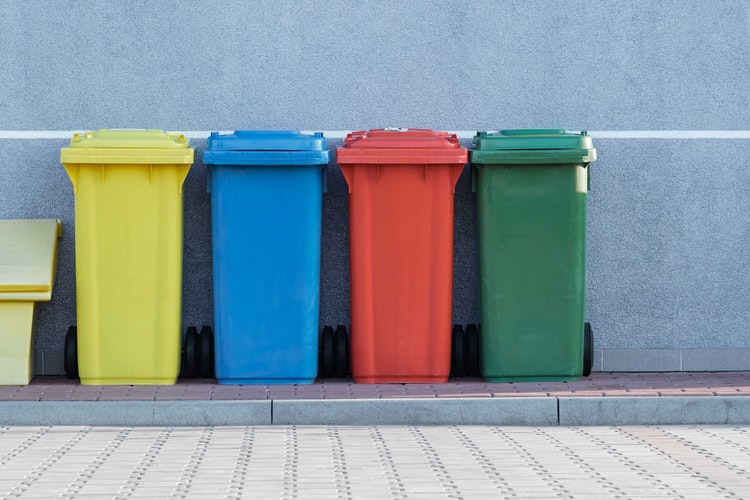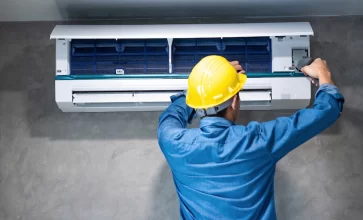7 Smart Solutions To Waste Management Issues
One of the common waste management issues is generating too much waste. Used plastic bags, obsolete cell phones, used battery cells, and broken glass needs appropriate disposal to limit negative environmental impact. Waste management involves a systematic process of managing wastes up to their final disposal such as burning, incineration, or burying them in landfills.
1. Hire A Professional:
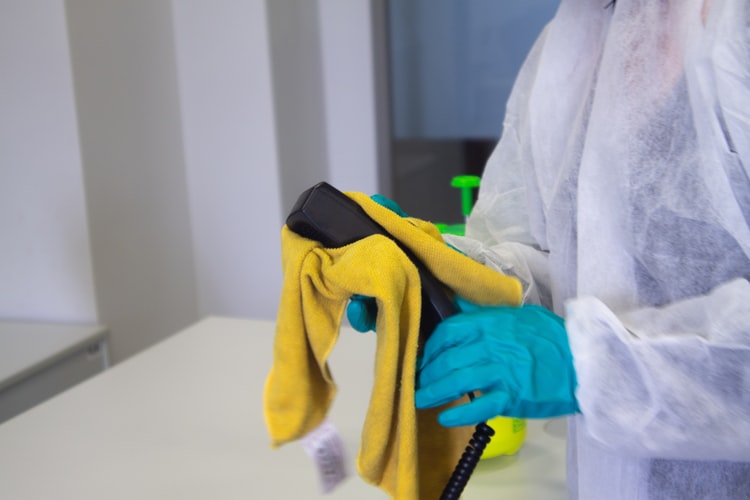
Waste management professionals are trained and experienced in handling waste. They also have the right connections to ensure that all types of wastes are handled properly with less impact on the environment.
If you want to eliminate your garbage as soon as possible, you can hire a same-day garbage removal service. Unlike skip bins, you don?t need to wait for several days to get rid of your trash. You can find a reliable waste management professional online such as Same-Day Rubbish Removal.
2.Recycling:
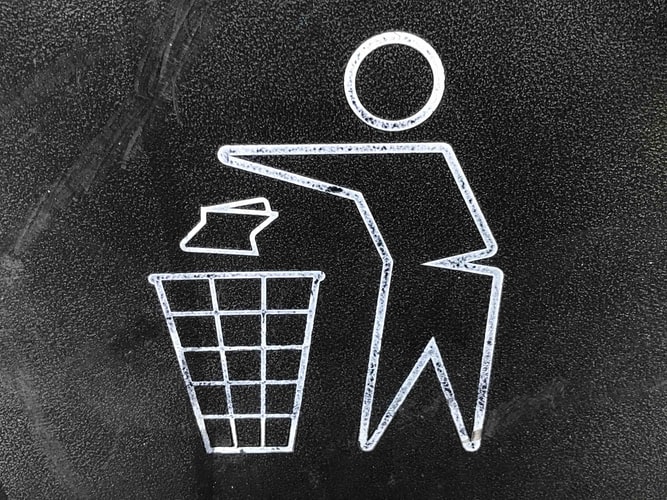
Recycling processes need energy to operate. They consume less energy and produce fewer harmful emissions than creating materials from raw or primary sources. Recycling only involves physical and mechanical manipulation of matter such as shredding, melting, and moving.
How do you carry out household recycling? Check the following recycling tips:
You can recycle paper, plastic bottles, cardboard, plastic containers, aluminum cans, foil, steel tins, glass jars, and bottles.
Don?t put recyclable items in plastic bags. Instead, use a basket or tub to carry them to the recycling bin.
Leave labels and lids on plastic bottles because the recycling process removes these parts.
Enlist the services retailers who have recycling bins for electronic items such as mobile phones, appliances, and batteries.
3. Embracing Lean Manufacturing:
If you?re a business owner, adopting lean manufacturing or approach is an effective and efficient way to save money and materials. Going lean is investing in efficiency, promoting increased productivity and higher profits.
4. Solar-powered Garbage Compacting Bins:
A solar-powered garbage compactor can hold up to five times more trash than non-compacting bins. Businesses can use these solar-powered bins to save on operational costs.
Smart solar trash cans enable your customers to focus on shopping. It eliminates the unsightly look of overloaded bins, allowing customers to enjoy the pleasant atmosphere in department stores, food chains, and other public places.
Here are the advantages of using a solar-powered trash compactor:
It minimizes odor, pests, and litter.
It reduces trash collection frequency.
It communicates information in real-time via wireless transmission to a data analytics and cloud-based monitoring platform.
Some optional features include a Wi-Fi router and graphic wraps.
5. Smart Waste Management:
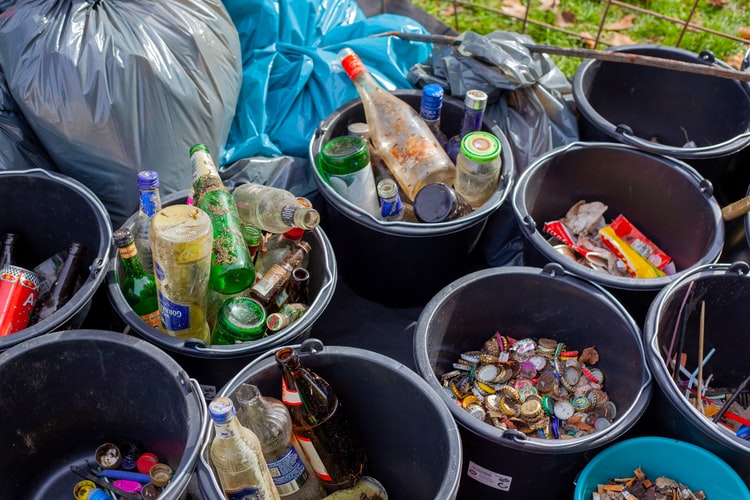
Smart waste management includes the Internet of Things or IoT systems, that utilize technology to resolve issues in waste disposal. With this technology, devices first generate data on the amount of waste and use the data to implement more efficient ways to help reduce waste through recycling and segregation.
Smart waste management is crucial in reducing greenhouse gas emissions. Developers are trying to create software programs to help with smarter waste management.
6. Donate Or Sell:
Instead of throwing away unused or unnecessary items inside the home, you can donate or sell them. Earn money by holding a garage sale or selling your old stuff in online marketplaces. You can donate clothes, shoes, and bedding in churches and your municipality to give them away to victims of natural disasters.
Check these tips when donating or selling unused items:
Wash and clean items before donating or selling them. Disinfect them as necessary.
List properly your items for sale, including the color, size, and appropriate photos. Make sure to state the condition of the items and take clear photos to avoid customer complaints.
You can sell old items in repair shops too that usually need spare parts.
7. Composting:
Compost refers to a mixture of ingredients such as fruit peels and other food waste, dried leaves and branches, or mulch. Composting is the process of making compost, which is used in fertilizing and improving the soil. The nutrient-rich mixture in compost also has beneficial organisms like fungal mycelium and worms.
Compost serves as a soil conditioner, which increases the humus for proper plant root growth and improved soil structure. With improved soil fertility and structure, soil water retention increases. Compost is also used in stream and land reclamation, landfill cover, and wetland construction.
Conclusion:
There are smart ways to manage wastes which include recycling, reusing items, and repurposing them into new material. Waste management entails discipline. Make sure to adopt an effective process for your home or business to help save the environment from pollution caused by throwing excessive items in landfills.
Read Also:








